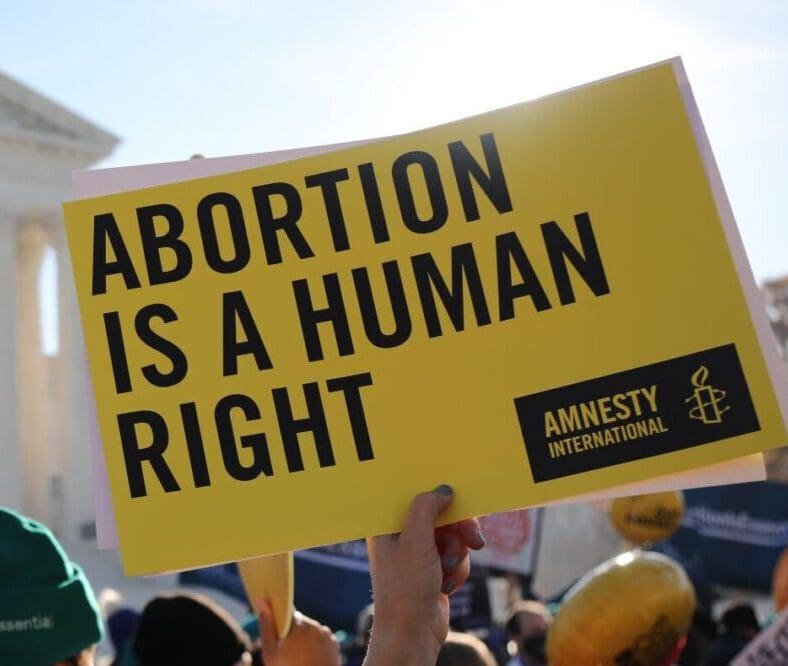In response to today’s Arizona Senate vote to repeal the near-total abortion ban in the state, Karla Gonzales Garcia, Gender, Sexuality and Identity Director with Amnesty International USA said:
“While we are heartened to see that Arizona lawmakers have voted to appeal this archaic abortion ban, this is not enough to protect the human right to abortion in Arizona. A 15-week ban is still in place in Arizona, and people across the state continue to be denied their right to an abortion. With this vote, nothing has changed about the ongoing need to ensure that Arizonans can access their human right to abortion. The upcoming ballot initiative, the Arizona Abortion Access Act, is critical to change the Arizona constitution to protect that right. This Constitutional amendment would enshrine the right to abortion in the Arizona constitution, helping ensure that that the pregnant person—not politicians—are able to decide for themselves whether to carry a pregnancy to term.
“Abortion bans are a violation of human rights—and they are not the will of Arizonans. Communities across the state are organizing to ensure that a ballot amendment protecting abortion in the state constitution is on the November ballot so that women, girls, and people who can become pregnant will have the freedom to make their own healthcare decisions without government interference.”
More information
- The Arizona Abortion Access Act is a proposed Constitutional amendment establishing the fundamental right to abortion filed with the Arizona Secretary of State on September 12, 2023. It is slated to be on the ballot in November.
- Access to abortion is a human right. Laws and policies that affect the lives of people who can become pregnant must ensure access to abortion and full bodily autonomy. Laws restricting access to safe abortion violate the human rights of women and people who can get pregnant. Those who are already marginalized are disproportionately affected by such laws. They include people on low income; refugees and migrants; adolescents; lesbian and bisexual women and girls; transgender and gender non-conforming individuals; minority or Indigenous women. Read more.
- Take action to protect the right to abortion.
Contact: [email protected]

